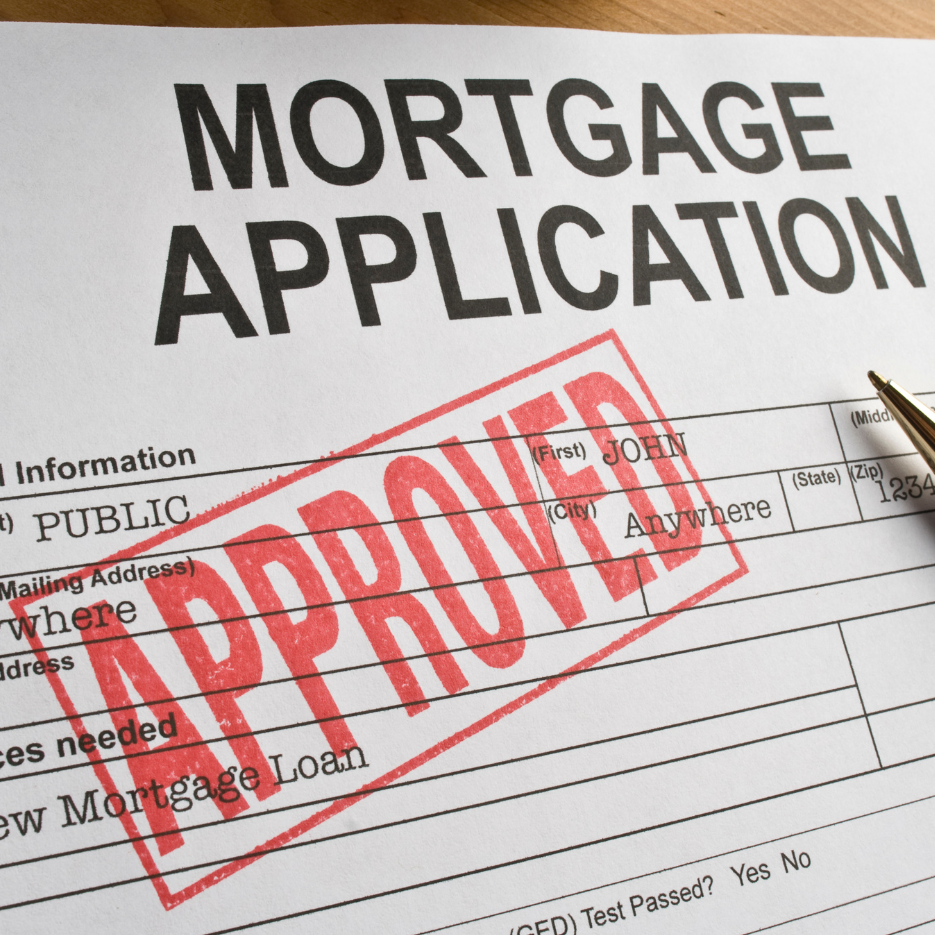Introduction to Conventional Loans and Government-Backed Loans
The journey to homeownership often begins with understanding the myriad of financing options available, with conventional loans and government-backed loans standing as two primary pathways. Each of these loan types caters to different financial profiles and needs, setting the stage for potential homeowners to make informed decisions.
Conventional loans are typically favored for their straightforward nature and absence of government backing. These loans are offered by private lenders, such as banks and credit unions, and are not insured or guaranteed by a government agency. As a result, they often require a higher credit score and a more substantial down payment compared to their government-backed counterparts. However, the benefit lies in their flexibility and potentially lower interest rates for borrowers with strong credit histories.
On the other hand, government-backed loans, including FHA, VA, and USDA loans, are designed to make homeownership accessible to a broader audience. These loans are backed by government entities, which means they often come with more lenient credit requirements and lower down payment options. This makes them an attractive option for first-time buyers or those with less-than-perfect credit.
Laser Mortgage understands the nuances of these loan types and offers tailored advice to help clients navigate their options effectively. By evaluating individual financial situations, Laser Mortgage aids prospective homeowners in choosing the loan that best aligns with their home purchase aspirations.
“`html
Key Features and Benefits of Conventional Loans
Conventional loans stand as a cornerstone in the realm of home financing, offering a host of features that appeal to a wide spectrum of homebuyers. These loans, unshackled from the constraints of government-backed programs, provide borrowers with flexibility and attractive terms, making them a popular choice for many.
Features of Conventional Loans
- Loan Limits: Conventional loans often come with higher borrowing limits compared to government loans, providing ample room for financing more substantial properties. This feature is particularly beneficial for homebuyers in high-cost areas.
- Interest Rates: These loans generally offer competitive interest rates, which can be either fixed or adjustable, allowing borrowers to select terms that best suit their financial strategy and future outlook.
- Down Payment Options: Borrowers can choose from a range of down payment options, sometimes as low as 3% for those who meet specific criteria, making homeownership accessible to more people.
Benefits of Choosing Conventional Loans
One of the foremost benefits of conventional loans is the potential for lower overall borrowing costs. Without the need for mortgage insurance, if the down payment exceeds 20%, borrowers can significantly reduce monthly expenditures. Furthermore, conventional loans often come with fewer restrictions, providing more freedom in terms of property choices and loan customization.
Another advantage lies in the credit score flexibility. While higher scores may yield better terms, borrowers with modest credit histories can still qualify, especially if they demonstrate other strong financial indicators.
In summary, conventional loans offer a blend of flexibility, competitive terms, and potential cost savings. These features and benefits make them an appealing option for many homebuyers looking to navigate the property market with confidence and assurance.
“`
Understanding Laser Mortgage and Our Role in a Home Purchase
In the intricate landscape of home buying, navigating the myriad of available mortgage options can feel overwhelming. This is where Laser Mortgage emerges as a guiding beacon, offering clarity and support throughout your home purchase journey. As a trusted partner, Laser Mortgage specializes in providing tailored financial solutions that align seamlessly with your personal circumstances, ensuring your path to homeownership is as smooth as possible.
At the core of Laser Mortgage’s philosophy is a commitment to demystifying the home financing process. With a team of experienced professionals, we take the time to understand your unique needs and financial goals. This personalized approach allows us to recommend the most suitable mortgage products, with conventional loans often being a popular choice due to their flexibility and competitive interest rates.
What sets Laser Mortgage apart is our dedication to transparency and education. We believe informed clients make empowered decisions. Therefore, we equip you with the knowledge to understand the nuances of conventional loans, including their benefits, potential pitfalls, and how they compare to other financing options. Our comprehensive guidance extends beyond just the initial application, as we remain a valuable resource throughout the life of your loan.
By choosing Laser Mortgage, you gain more than just a mortgage provider; you gain a trusted ally in your home-buying adventure, one committed to ensuring that your investment is sound and your future secure. As we navigate the complexities of the mortgage market together, rest assured that your aspirations of homeownership are in capable hands.
Exploring Government-Backed Loan Options: FHA and VA Loans
When embarking on the journey of homeownership, understanding the various financing options available is crucial. Among these, government-backed loans like FHA and VA loans stand out as favorable alternatives for many prospective homeowners. Offering unique benefits, these loans are designed to make homeownership accessible and affordable, particularly for specific groups.
Understanding FHA Loans
FHA loans, insured by the Federal Housing Administration, are tailored to assist first-time homebuyers or those with modest credit profiles. One of the primary advantages of FHA loans is their lower credit score requirements, which can be as low as 580, making it easier for individuals with less-than-perfect credit histories to qualify. Additionally, these loans typically require a down payment of just 3.5%, significantly less than the 20% often expected for conventional loans. This lower barrier to entry makes FHA loans an attractive option for those starting their home-buying journey with limited savings.
Exploring VA Loans
On the other hand, VA loans offer an exclusive benefit to veterans, active-duty service members, and certain members of the National Guard and Reserves. Backed by the U.S. Department of Veterans Affairs, VA loans provide the exceptional advantage of requiring no down payment, allowing eligible borrowers to purchase a home without the need for significant upfront cash. Moreover, VA loans do not mandate private mortgage insurance (PMI), potentially saving borrowers hundreds of dollars monthly compared to conventional loans.
Both FHA and VA loans provide pathways to homeownership that might otherwise be inaccessible through traditional means. By understanding these options, prospective homeowners can make informed decisions, ensuring they select the loan that best aligns with their financial situation and long-term goals.
Comparing Conventional Loans and Government-Backed Loans
When embarking on the journey to secure financing for your home purchase, it’s crucial to understand the differences between conventional loans and government-backed loans. Each of these financial products has distinct characteristics that can impact your decision-making process, potentially affecting your financial commitments for years to come.
Conventional loans are not insured or guaranteed by the federal government, which typically means they are offered by private lenders like banks or mortgage companies. These loans often necessitate a higher credit score and a larger down payment compared to their government-backed counterparts. The advantage, however, is that conventional loans might offer more flexible terms and fewer restrictions on the property type or location, making them a popular choice for borrowers with a strong financial standing.
On the other hand, government-backed loans, such as FHA, VA, and USDA loans, are designed to assist homebuyers who may not qualify for conventional loans. These loans are insured by government agencies, which reduces the risk for lenders and, in turn, allows them to offer lower down payments and more lenient credit requirements. For example, VA loans, available to veterans, often require no down payment, while FHA loans are accessible with a down payment as low as 3.5%.
Ultimately, the choice between these two types of loans should be guided by your financial situation and long-term homeownership goals. Whether you opt for the potential savings and flexibility of a conventional loan or the accessible terms of a government-backed loan, understanding these options will empower you to make a well-informed decision as you navigate the home-buying process.





